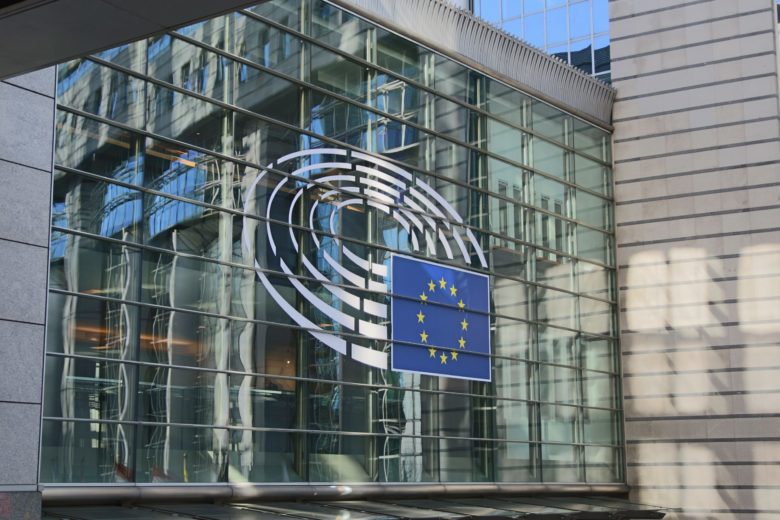The European Commission Finalizes Its First Direct Equity Investments into Startups and SMEs

As startups and SMEs around Europe are still struggling to overcome the negative effects that Covid-19 caused on their business operations and innovation capacities, supranational institutions are inventing new instruments to support them – by taking a role similar to that of VCs. Yesterday (January 6, 2021), the Commission announced the first round of direct equity investment through the European Innovation Council (EIC) Fund. The initiative will support 159 startups and small and medium-sized businesses (SMEs), which will receive a total of €178M through direct equity investments by the EC with ownership stakes expected to range from 10% to 25%. The first round of investment involves 42 companies, the first who have successfully met all the requirements of the EC.
Mariya Gabriel, Commissioner for Innovation, Research, Culture, Education, and Youth said: “Europe has many innovative, talented start-ups, but too often these companies remain small or relocate elsewhere. This new form of financing – combining grants and equity – is unique to the European Innovation Council. It will bridge the funding gap for highly innovative companies, unlock additional private investments, and enable them to scale up in Europe.” The new fund is an important step towards supporting the startup ecosystem of the Union and is a new investment opportunity for the Southeastern European countries.
The new fund
Established in June 2020, the European Innovation Council (EIC) Fund is a brand new initiative of the Commission to make direct equity and quasi-equity investments between €500K and €15M in the capital of start-ups and SMEs. Currently, the fund makes such investments, in combination with grants, as part of blended finance under the EIC Accelerator Pilot. The main priority of the structure is to help highly innovative companies bring their technological solutions to the global market. As noted by the Commission, the fund also aims to support equality and gender balance and to highly contribute to sustainability with a particular focus on health, resilience, and green and digital transitions, something that we will probably see in the team structure, the policies and priorities set by the winning startups and SMEs.
Trying to catch up with Asia and the U.S.
The move of the Commission is very strategic, as the Union is trying to stimulate the startup ecosystem and make it more competitive. According to Statista, the number of unicorns in the EU for 2020 was 61, with 24 of them situated in the UK. With the recent Brexit, the statistics will probably shrink, making even larger the gap between the EU and the US, the latter of which has over 600 new companies with a valuation above €1.6T, as noted by Crunchbase news. Additionally, the VC market of the US is more than three times bigger than the one of the Union. The direct equity investment which, in its essence, is an equity investment blended with a grant, is a new initiative of the EU to tackle this problem. As stated by the Commission, the equity investments complement the grant financing, which has already been provided through the EIC Accelerator Pilot where a total of 293 companies have already been selected for funding worth over €563 million in grants since December 2019.
And the winners are…
To begin with, the targeted companies represent a wide variety of sectors, including health, circular economy, and advanced manufacturing. The first company to sign an investment agreement with the EIC Fund is the French SME CorWave, which has received €15M from the initiative, thus receiving a total investment of €35M so far. Its product “Left Ventricular Assist Device” (LVAD) helps people with life-threatening heart failure. Other companies from this first cohort announced on the Commission’s official website are the Netherlandic Hiber that provides global and affordable Internet of Things connectivity, the French XSUN that designs energy-independent drones to be fully autonomous so they can operate without any human intervention, the Irish Geowox Limited that is working to provide automated property valuations, open data, and machine learning models, and the Icelandic EpiEndo Pharmaceuticals that is focused on developing a proprietary portfolio of drugs for chronic respiratory diseases. The Romanian Sveltedca Partners SRL, which develops an innovative machine system to generate all types of curved surfaces on an industrial scale, as well as the Slovak Sensoneo, j.s.a whose product is a smart enterprise-grade waste management solution for cities and businesses to cost-efficiently manage the waste lifecycle and improve the environment and well-being of people are also among the first to be benefitting from the fund.




























